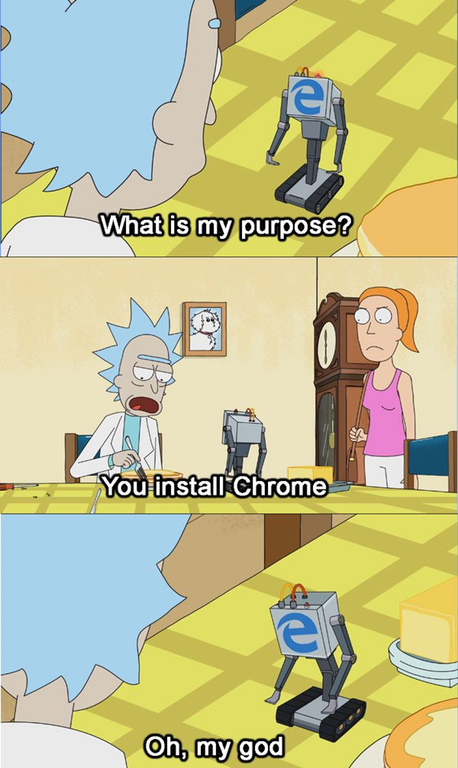After 26 years, Microsoft is ending support for the often-maligned Internet Explorer. The move comes nearly a year after the Redmond company has announced that the popular Internet browser would be retired in favor for its new Internet browser, Microsoft Edge.
Not only is Microsoft Edge a much faster and secure Internet browser compared to the outgoing Internet Explorer, but it also addresses a key concern for certain users: compatibility with older, legacy websites and applications. Internet Explorer stalwarts often include corporate users who have specialty apps that only run on the aging Internet browser. This insistence to use the outgoing Internet browser has been a bane for cybersecurity teams everywhere, as computer viruses and malware often involve exploiting vulnerabilities found within Internet Explorer.
Internet Explorer’s Early Rise
The first version of Internet Explorer arrived to home computers as part of the Windows 95 upgrade pack. Since its release nearly 26 years ago, Internet Explorer has proven to be widely popular over the years. It offered the first taste of the Internet to many people who had not used early Internet browsers such as Netscape Navigator. Internet Explorer played a key role in popularizing mainstream Internet usage in the 90s.
However, Internet Explorer also became synonymous with some of Microsoft’s worst practices. As competing browsers such as Firefox, Chrome, and Opera started to become more popular with Internet users for its speed, security, and stability. Internet Explorer quickly received the reputation for being the Internet browser that’s slow, buggy, and prone to crashes at malware.
The Infamous Antitrust Lawsuit
Such was Internet Explorer’s dominance in the Internet browser market, that the browser was a key component in the 2001 antitrust lawsuit United States v. Microsoft Corp. in 2001. Because Internet Explorer was made to be such an integral part of how the Windows operating system worked, the government alleges that Microsoft used its position to make it difficult for users to download and install a different Internet browser. Such was Internet Explorer’s ubiquity at this time that for many people, Internet Explorer and the Internet (in general) were one and the same. Some people were not even aware that alternative Internet browsers were freely available.
Because Internet Explorer was bundled with every copy of the Windows OS, it essentially meant nearly every single Internet-connected computer in the whole world used Internet Explorer as its web browser. In its peak in 2008, the browser accounted for nearly 70% of all Internet browsers worldwide – rival Internet browsers such as Netscape Communicator and Firefox trailed far behind.
Internet Explorer’s Slow and Steady Decline
With the rise of competitive alternative browsers, the aftereffects of the antitrust lawsuit, and most of the world’s Internet browsing now being done on mobile devices, Internet Explorer’s popularity sharply declined in the 2010s. IE accounted for less than 5% of Internet browsers in 2019. In 2006, Internet Explorer 6 was named one of the worst tech products of that year.
Today, Internet Explorer only serves as a way to download and install other web browsers.
What End of Support Means
“End of support” does not mean that the blue “E” icon with the golden swoosh will instantly disappear from computer desktops everywhere. Users can continue to use Internet Explorer if they choose to. Additionally, the new Edge browser has a built-in “IE mode” for those who need backwards compatibility. Clicking on the IE icon will instead open Edge in IE mode. This mode allows users to visit websites as if they’re browsing using Internet Explorer. This feature will also allow business users who rely on Internet Explorer some extra time to update their websites and web applications. Ultimately, Microsoft will also depreciate IE mode on Edge with a future update. Businesses who rely on IE mode now are strongly encouraged to update their website and software
With Microsoft officially ending support for Internet Explorer, new patches and security updates will no longer be made available for the outgoing browser. This lack of future updates will thus make continued use of Internet Explorer risky. Internet security experts highly suggest against continuing to use the outgoing Internet browser, given IE’s known current vulnerabilities. Outdated software, such as Internet browsers, are a common vector for threats such as ransomware or malware.
The End of an Era
Internet Explorer’s exit also means an end of an era for a certain generation of people. People whose first taste of the web was on a beige-colored computer, with a dial-up Internet connection – and of course, Internet Explorer.








